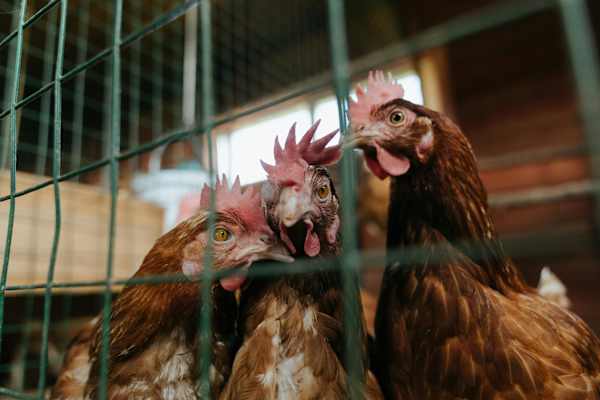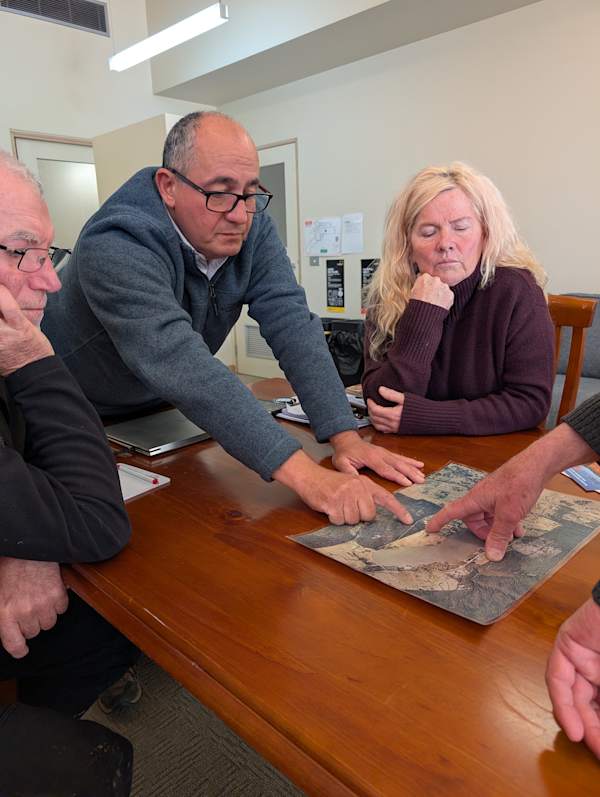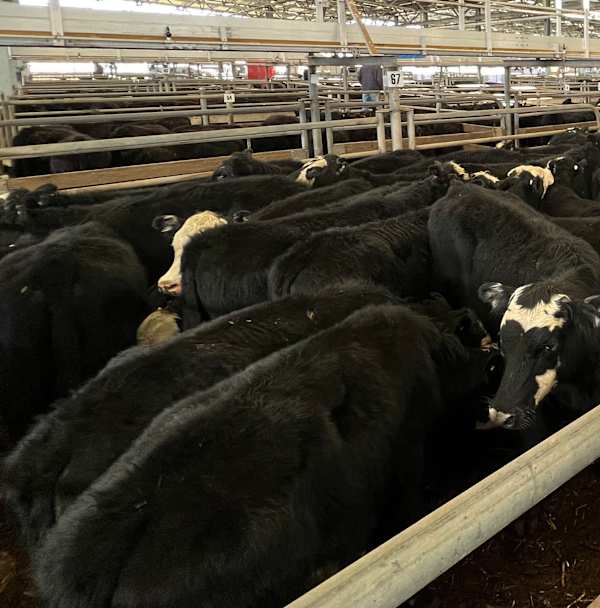JENNI Turner grew up in wool sheds and her success in developing wool business from the ground up is set for a boost with new employer, Quality Wool.
Formerly working as a Regional Manager in the Corowa and surrounding districts of New South Wales, Jenni is now the NSW and Victoria Area Wool Manager for Quality Wool and her excitement for the Merino wool industry and those who work in it is infectious.
Based from Albury, many through the Riverina, Goulburn, Murray and Gippsland regions of Victoria and Riverland in South Australia will be familiar with Jenni’s regular wool reports on ABC radio, and she was raised in a farming, shearing and wool classing family near Condobolin in Western NSW.
“I have been fortunate to have a very broad grassroots experience that started with a lot of work in shearing sheds across Australia and with a season in the UK,” Jenni said.
“I spent a number of years in wool handling and classer training, including in-class TAFE teaching and involved in shearing schools.”
Latest Stories
Her work in wool buying and marketing grew from on-farm ground level, buying wool butts and bags, to expertise in wool valuing, and her support to growers has grown to including sheep classing and Merino breeding consultancy.
Most of Jenni’s recent work has been through the eastern Riverina, commencing and growing wool store businesses at Culcairn and Corowa.
With Quality Wool, she will continue to assist growers through the Riverina, across to Western NSW areas and in North East Victoria, in addition to managing the company’s marketing teams in both states.
“It’s invigorating to be involved in the strategic management of a wool business and I’m looking forward to building a strong team and the company’s wool business in NSW and Victoria,” Jenni said.
“I’m delighted with just how relationship-focused Quality Wool is.
"This commitment to culture is a point of difference in the industry, encompassing clients and staff, which fosters a collaborative, productive environment.
"I’m impressed with the calibre of people and depth of experience throughout the quality group, and I can’t wait to support the team and fly the flag for Quality Wool.
“I’m strongly aligned with the company’s commitment to training and providing life-long career paths for men and women all the way through the business.
"I’m excited and honoured to work with all younger team members coming through in the company, including helping younger women on their career paths.”
Jenni has a fresh view on wool marketing and approach to building a knowledgeable and service-focused team, and her excitement for the Merino industry and wool marketing is palpable.
“The new Merino keeps on improving all the time and the game-changing element is how good it has become in carcase and fertility traits, supporting the income from its wool.
"The fact the Merino won the recent carcase competition at LambEx24 proves it’s still the backbone of the industry,” she said.
“Yes, the wool market is affected by macroeconomics and consumer trends, but our industry has got an animal that’s absolutely purring and with traceability and ethical credentials to boot.
“We know wool represents the smaller percentage of farm incomes, but wool is still the greater industry’s show window to the world and the driver of the passion that has fuelled our industry since its inception.
"Wool fleece weights are up, micron is stable, our quality is the best in the world, we are a sustainable, versatile product and it is still the best way to turn grass into money.
“We now have a culmination of this with old-fashioned relationships mixed with traceability – and Gen Z are excited about traceability not only on a product level, but as a matter of ethos.”
Jenni said her “fresh take” was connecting this on-ground via the team at Quality Wool and mixing the old relationships with “new-school tech”.
“When the macroeconomics turn, we will see the benefits of negotiable traits again and a greater focus on selection.
"In the meantime, we need to stay concentrated on best serving our growers in supporting them through challenging times.
“There is a global groundswell of support for natural fibres. Petro-chemical companies creating synthetics are developing a narrative about their environmental credentials, but natural fibres have always and will always have the better true story,” she said.













